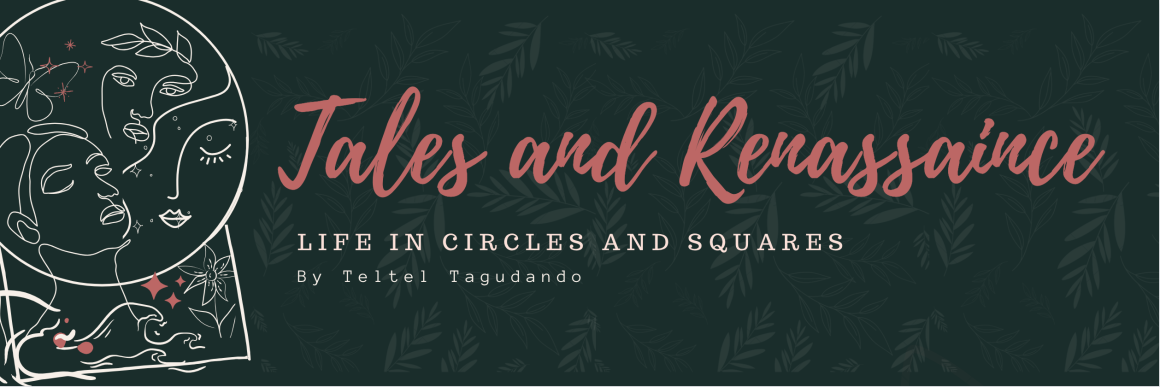Letting go is such a brave thing to do, and though I wanted to, I just couldn’t. I can’t keep shooting in the dark. Hence, I hold on to something that could at least give me a little certainty. Only then, will, I let go.
I was so grateful to have spent time with Madee two Saturdays ago. We painted, sipped wine, and talked for hours about the constant anxiety and societal pressure to figure things out early or keep ourselves busy. We then talked about our personal lives, and I mentioned my recent fascination with tarot cards (which she reads and is quite good at) and past life regression. However, she discouraged me from trying the latter.
I do feel pressured but don’t get me wrong, I’m happy with what I have. In fact, I’m very grateful. I’m happy to be in law school because it will help me become the person I want to be. I’m happy to be in DOH because I get to work on one of my life’s advocacies: public health. I’m happy to have short moments with my loved ones and time for leisure such as this. What more could I ask for? All I need is to survive and enjoy life.
But that’s the thing, how do I survive and enjoy it when I can’t just live simply? I’m expected, as we all are, to do well and work under the guidance and direction of multiple voices telling me to do this and that. Nonetheless, I am an independent thinker. Though people tell me a lot of things, I still end up doing what I want and what I think is right.
But then again, I still get crippled by fear sometimes because of those expectations. What if I don’t make it? What if I don’t meet my goals? And though when asked who expects me to be and do it, I don’t know. Maybe it’s because even though people say no one’s forcing or pressuring anyone, the subtle expression of prejudice after a failure, detour, or change in course is apparent. Maybe it’s through gazes, auras, energy, or microaggressions from people, or sudden changes in their treatment towards me—or maybe it’s just the cynicism in me.
As such, over time, I have become a more calculating person, always considering the chances and probability of things. I developed a constant urge to have control over my life and even control over people around me while resisting being controlled. I guess you can say I’m a control freak. However, the more control I exert over something, the more devastating its impact on me when things don’t turn out the way I had envisioned. That’s how I got into fortune-telling, tarot readings, horoscopes, and even past-life regression.
While I was raised in a Born-Again Christian family, aside from prayers and church services, I found solace in the company of the spiritual world in general. At some point, the broadness of tarot readings and predictions validated my wishful thinking and alleviated my collective anxiety and depression. Although sometimes, I resort to something more unusual and, as my friends describe it, dangerous—past life regression.
And honestly, if someone were to ask me, I’m actually not a believer of the spiritual aspect but I’d more want to believe that there’s just an energy that emanates through it. I think I believe in that aspect where there is a literal and unfathomable occurrence of the transfer of electrons that science has not yet discovered—maybe.
One thing that I am sure of is that if people ever asked me to stop because I don’t even believe in fortune-tellers, crystals, tarots, and the like, I’d tell that at least they remind me that in this unsureness, there is a probability, even a little probability, that good things that I at least expect may happen, may still happen. Like when Madee gave me a selenite crystal, and two bracelets – chatoyant and onyx – which, in a sense, assured me that from this day on, I’d be more at peace, comforted, and healed. It somehow made me loosen my grip a bit and let my life breathe a little, as the tarot reading says “Hey Telly! Tomorrow’s going to be a good day, only if you control your temper,” to remind me right?
At some point, it gave me the courage to let go of the stubborn yearning to control everything. Letting go is such a brave thing to do, and though I wanted to, I just couldn’t. I can’t keep shooting in the dark. Hence, I hold on to something that could at least give me a little certainty. Only then, will, I let go. It gave me the courage to let go and just trust my connections, my circumstances, and my luck – because I have the crystal and the spirituals say so – while I myself make things happen through my actions, decisions, and even disposition.




